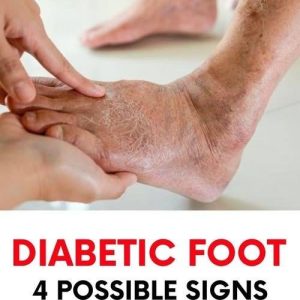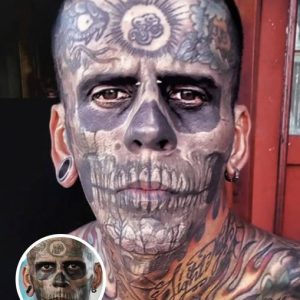Melissa Sloan, often referred to as Britain’s “most tattooed mother,” recently surprised the public by revealing a rare image of herself without her extensive ink. Over the past ten years, Sloan has acquired more than 800 tattoos, a habit she describes as an addiction similar to smoking or drinking. She tattoos herself up to three times a week using a tattoo gun she keeps in her car, after being turned away by many professional parlors due to the extent of her body art.
In a recent experiment, Sloan used £3 foundation to cover her tattoos. The transformation was dramatic, even unsettling to her own children. Her two youngest sons, unfamiliar with seeing her without tattoos, were taken aback and urged her to return to her “craziness,” saying she looked like a stranger. The reaction highlights how much her identity has become tied to her ink. Sloan also mentioned her five older children, with whom she is estranged, reportedly disapprove of her appearance.
Despite public criticism and being labeled a “freak” or “smurf” online, Sloan maintains she has no regrets. She views her tattoos as a form of personal freedom and self-expression. She emphasizes that her appearance reflects her individuality and teaches her children to appreciate beauty in all its forms.
However, her heavily tattooed look has had serious consequences. Sloan says she has been banned from bars and school events, and her ability to secure employment has been severely limited. “I can’t get a job,” she admitted, though she added she would accept one if offered. Still, Sloan stands firm in her choices and identity, expressing that being true to herself is more important than fitting in with societal expectations. Her story raises ongoing questions about body autonomy, stigma, and the limits of self-expression in public life.





